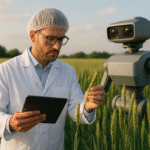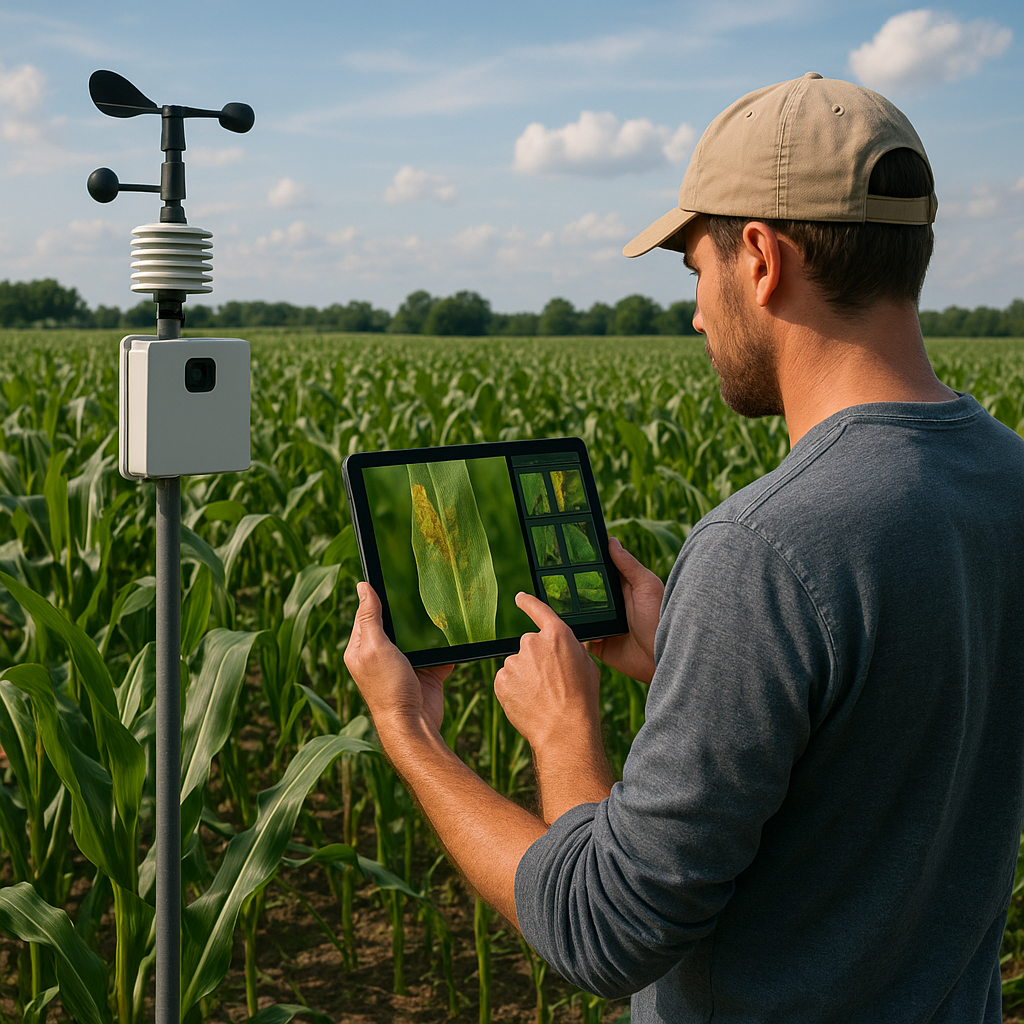Genetic engineering has revolutionized agriculture, offering both remarkable benefits and significant challenges. This article delves into the multifaceted impact of genetic engineering on agriculture, exploring its pros and cons in detail.
Advantages of Genetic Engineering in Agriculture
Genetic engineering has brought about numerous advantages in the field of agriculture, transforming traditional farming practices and enhancing crop yields. Below are some of the key benefits:
Increased Crop Yields
One of the most significant advantages of genetic engineering is the potential for increased crop yields. By introducing specific genes into crops, scientists can create plants that are more resistant to pests, diseases, and environmental stresses. This leads to higher productivity and can help meet the growing global food demand.
Enhanced Nutritional Content
Genetic engineering allows for the enhancement of the nutritional content of crops. For instance, biofortified crops such as Golden Rice have been developed to address vitamin deficiencies in populations that rely heavily on rice as a staple food. This rice variety is engineered to produce beta-carotene, a precursor of vitamin A, which is essential for vision and immune function.
Reduced Use of Chemical Pesticides
Genetically engineered crops can be designed to be resistant to specific pests, reducing the need for chemical pesticides. This not only lowers production costs for farmers but also minimizes the environmental impact of pesticide use. For example, Bt cotton is engineered to produce a toxin that is harmful to certain insects, thereby reducing the need for external pesticide applications.
Improved Resistance to Environmental Stresses
Climate change poses a significant threat to agriculture, with extreme weather conditions and changing precipitation patterns affecting crop productivity. Genetic engineering can help develop crops that are more resilient to these stresses, such as drought-tolerant or salt-tolerant varieties. This can ensure food security in regions prone to adverse climatic conditions.
Disadvantages and Concerns of Genetic Engineering in Agriculture
Despite the numerous benefits, genetic engineering in agriculture also raises several concerns and potential drawbacks. It is essential to consider these aspects to make informed decisions about the use of genetically modified organisms (GMOs) in farming.
Environmental Impact
One of the primary concerns is the potential environmental impact of genetically engineered crops. There is a risk that genetically modified genes could spread to wild relatives of crops, leading to unintended ecological consequences. Additionally, the development of pest-resistant crops could result in the evolution of “super pests” that are resistant to the engineered traits, necessitating even stronger control measures.
Ethical and Socioeconomic Issues
Genetic engineering in agriculture raises ethical questions about the manipulation of living organisms. Some people argue that it is unnatural and could have unforeseen consequences. Moreover, the technology is often controlled by large corporations, leading to concerns about the monopolization of the seed industry and the marginalization of small-scale farmers. This can exacerbate socioeconomic inequalities and limit access to the benefits of genetic engineering.
Health Concerns
There is ongoing debate about the potential health risks associated with consuming genetically modified foods. While numerous studies have found GMOs to be safe for human consumption, some critics argue that long-term health effects have not been adequately studied. This uncertainty can lead to public skepticism and resistance to genetically engineered products.
Regulatory and Labeling Issues
The regulation and labeling of genetically engineered crops vary widely across different countries. In some regions, GMOs are subject to strict regulatory oversight and mandatory labeling, while in others, they are treated similarly to conventional crops. This inconsistency can create confusion for consumers and complicate international trade. Clear and transparent regulations are necessary to ensure the safe and equitable use of genetic engineering in agriculture.
Conclusion
Genetic engineering has the potential to significantly transform agriculture, offering solutions to some of the most pressing challenges faced by the industry. However, it is crucial to carefully weigh the benefits against the potential risks and ethical considerations. By fostering open dialogue, conducting rigorous scientific research, and implementing fair regulations, society can harness the power of genetic engineering to create a more sustainable and equitable agricultural future.










